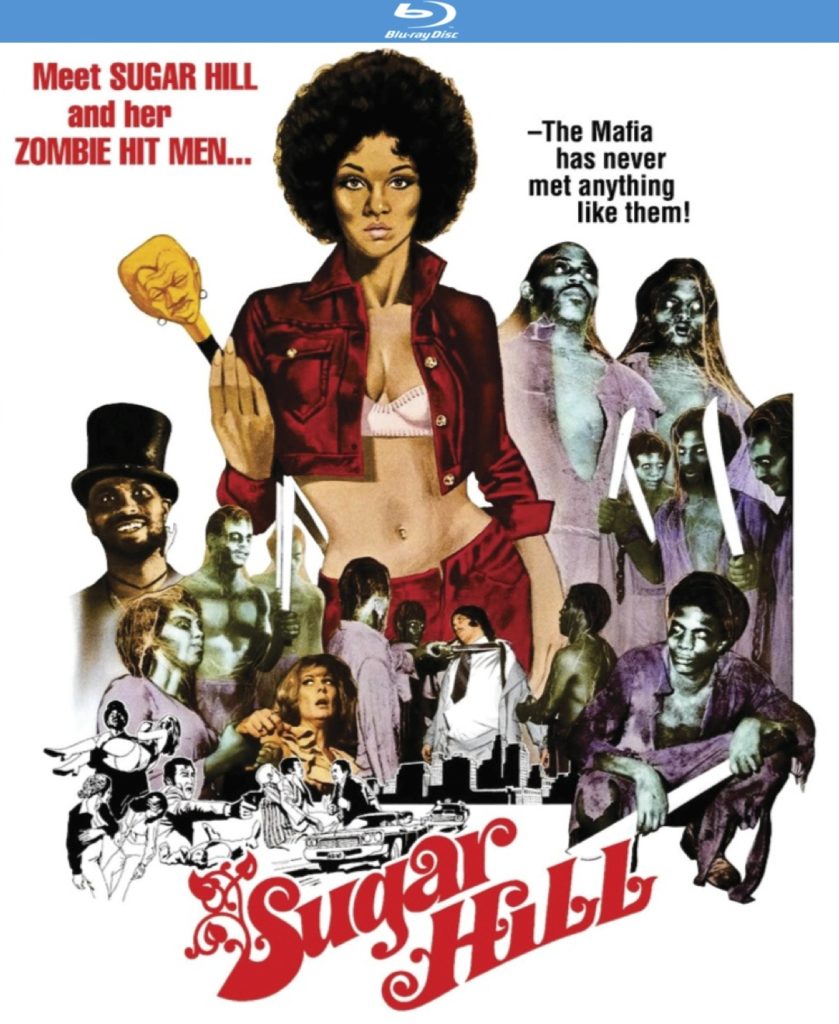Intrigued by how AI can impact my writing, I'm presenting side-by-side comparisons of past articles and their revisions made with Google's Gemini AI. Brace yourselves!
AI Version of an article that appeared here
Intrigued by how AI can impact my writing, I'm presenting side-by-side comparisons of past articles and their revisions made with Google's Gemini AI. Brace yourselves!
AI Version of an article that appeared here
Intrigued by how AI can impact my writing, I'm presenting side-by-side comparisons of past articles and their revisions made with Google's Gemini AI. Brace yourselves!
AI Version of an article that appeared here

Here is the edited content for style and clarity:
Understanding Why Victims Stay: Unveiling the Cycle of Abuse in "Ad Lib"
Many outsiders struggle to grasp why someone would remain in a domestically abusive relationship. The truth is, unseen but powerful forces keep victims trapped in these toxic cycles. Abusers are masters of manipulation and control, exploiting their partners' insecurities to weave intricate webs of dependence. Writer-director Joseph Catté's poignant short film, "Ad Lib," offers a glimpse into the complex dynamics of a couple caught in this dangerous pattern, highlighting its ripple effects on others.
A Song of Sorrow and Manipulation:
Leaving a karaoke party, Julie (Pauline Helly) simmers with jealousy towards her boyfriend, Max (Thomas Alden). Mirroring the songs they belted out moments ago, their dialogue unfolds as scrolling lyrics on screen. To appease her, Max launches into a Hollywood-style serenade, professing his love. Initially resistant, Julie succumbs, joining him in the dance. His promises of devotion end with him forcefully embracing her, the joy fading from her face. Back at their apartment, Max provokes an argument that escalates into violence. Julie's roommate (Nouritza Emmanuelian) attempts to call for help, but Max silences her, literally snatching her words from the screen and shoving them back into her mouth.
Breaking the Melody, Not the Cycle:
With his grip on Julie's roommate tightened, Max uses her stolen voice to lure Julie out of the bathroom where she sought refuge. He declares her "lucky" for his love, before being knocked unconscious by the roommate wielding a candlestick. Panic gives way to relief as Julie rushes to his side, her face lighting up when he regains consciousness. The film concludes with an unsettling smile creeping across her face, perhaps anticipating the familiar cycle of reconciliation and calm that often follows the storm.
Beyond the Fantastic:
Catté explains that while music and karaoke inspired the film's style, his underlying goal was to tackle domestic violence from a fresh perspective. The idea of incorporating scrolling lyrics was sparked by observing a couple argue at a karaoke bar. He envisioned their words transforming into tangible text, creating a unique layer of interaction between his characters.
The Title's Echo:
"Ad Lib," referencing a repeated section in music, reflects the cyclical nature of Max and Julie's relationship. Throughout the night, we witness tenderness morph into jealousy, gaslighting, and violence, before Julie seeks temporary safety in the bathroom. The film ends with Julie's hopeful smile, hinting at the possibility of an illusionary calm that precedes the next eruption. Catté emphasizes that although fictional, their story mirrors countless real-life couples trapped in similar cycles, vulnerable to manipulation and repeated forgiveness.
Masterful Storytelling in Miniature:
Despite its brevity, "Ad Lib" packs a powerful punch. Catté seamlessly integrates various elements into the narrative, allowing them to unfold organically. The magical realism blends effortlessly into the world of Max and Julie, showcasing Catté's mastery of storytelling and technical prowess. The taut script avoids unnecessary details, while the camera work immerses us in Julie's emotional turmoil without judgment. Creative special effects, like the characters interacting with lyrics and Max stealing the roommate's voice, enhance the film's message.
A Short Film with Big Impact:
For viewers hesitant about short films lacking substance, "Ad Lib" delivers a world of experiences within its 10-minute runtime. It offers a captivating yet unsettling window into the realities of domestic abuse, urging audiences to confront its complexities.
Call to Action:
"Ad Lib" is currently available on YouTube. If you suspect you are in an abusive relationship (or an abuser seeking help), know that resources are available. In the United States, The National Domestic Violence Hotline offers support and guidance: 1-800-799-7233. International resources can be found on domesticshelters.org.
